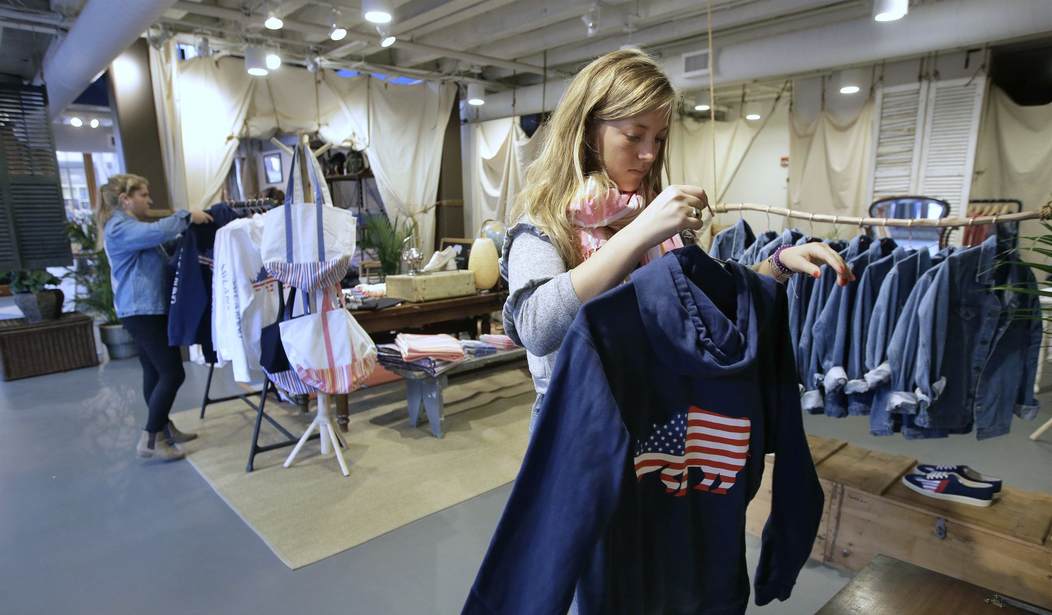On Thursday, Congress approved another wave of small business relief. An additional $310 billion has been appropriated to replenish the popular Paycheck Protection Program (PPP)—which provides forgivable loans to America’s small business community. These entrepreneurs have been on the frontlines of the pandemic and keeping them primed will be the key to restarting the economy as the country begins to reopen.
The initial $349 billion allocated for the PPP under the CARES Act was a blockbuster hit among the country’s entrepreneurs. Within 14 days of launching, the funding limit was reached and over 1.6 million businesses were approved for loans—which translates to millions of jobs saved.
The high demand for relief illustrated just how thirsty small businesses were for cash flow. It’s not a surprise why.
Most small businesses operate on razor thin budget margins; yesterday’s revenue is used for today’s payroll, utilities and other overhead. So when consumer dollars began to dry-up after governments closed down businesses and consumers stayed home, entrepreneurs were left between a rock and a hard place. Without help, employee lay-offs or bankruptcy would be difficult to avoid. Applying for the PPP was quite literally the only option left for these entrepreneurs to save their business and employees.
I have spoken with small business owners firsthand about their experience with the program. Rick Pogue, owner of Arrowhead Building Supply—an exterior building materials business based just outside of St. Louis—is using the forgivable loan to keep nearly 130 employees on the payroll. Guy Berkebile, owner of Guy Chemical in Pennsylvania, is another example. The relief he received will help to support his 180 staff members.
Recommended
The list of beneficiaries goes on and on.
But the PPP is not immune to criticism. Some in the media argue the program is a boon for big business at the expense of smaller ones. For example, CNBC reported “
It’s true. A handful of eligible bigger businesses did benefit. They utilized a provision in the PPP intended to help maintain the payroll of frontline employees for brand name restaurants and hotels. Although these are not small businesses per se, it’s important to note the money is used to preserve staff—including servers, cooks, bellhops or maids—not cover c-suite bonuses or frivolous company trips.
Even so, these are exceptions, rather than the rule.
The vast majority of PPP funding has been given to legitimate small businesses. According to the latest data released by the federal government, the average size of a PPP loan is $206,000. Considering the amount of available relief is limited to a multiple of monthly payroll expenses, a loan of this size is reserved for a business with, for example, 22 employees making an average of $45,000 per year. Many of the PPP loans amount to even less. Nearly three-quarters of approved loans fall below $150,000.
These recipients hardly represent the corporate greed depicted by the mainstream media.
The Paycheck Protection Program is a proven success and has equipped small businesses with the resources to weather turbulent economic waters. Without it, small businesses across the country would be struggling more than they already are to survive. The additional money appropriated by Congress for the program will help even more entrepreneurs do the same.
























Join the conversation as a VIP Member